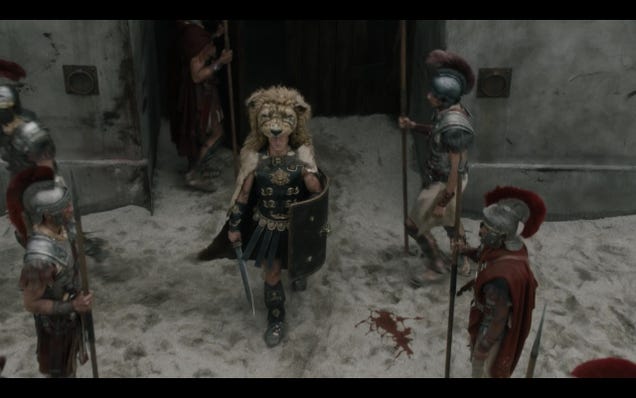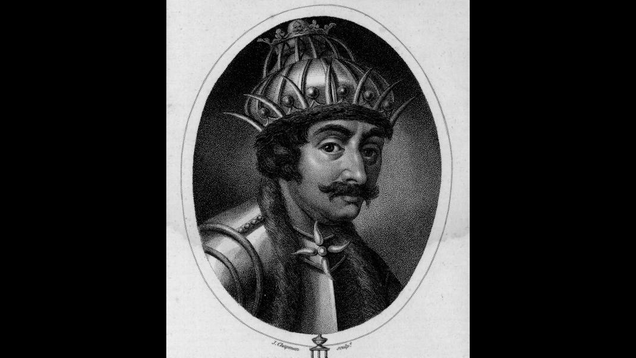
Decades before Romulus Augustulus was deposed in 476 AD and the Western Roman Empire officially went out of business, the provinces of northern Gaul (roughly the area between Paris and the lower Rhine in what’s now the Netherlands and northwest Germany) had long since slipped from the grasp of the authorities. The…
Powered by WPeMatico



